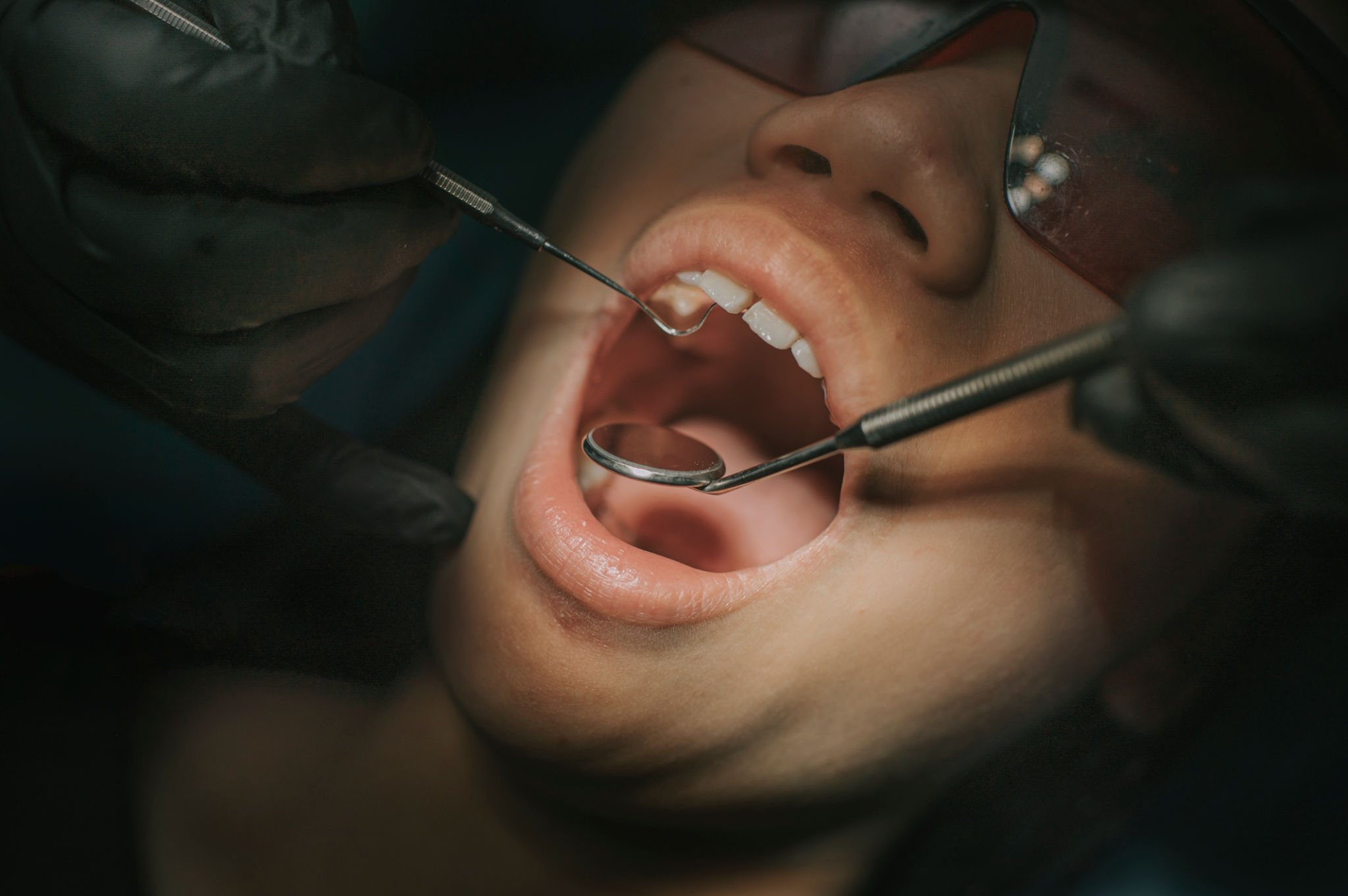Exploring Dental Implants: A Comprehensive Solution for Missing Teeth
Understanding Dental Implants
Dental implants have revolutionized the way we approach the problem of missing teeth. Unlike dentures or bridges, dental implants provide a permanent solution that looks and feels like natural teeth. This innovative technology involves the surgical placement of a titanium post into the jawbone, which acts as a root for the artificial tooth.

The Benefits of Dental Implants
One of the most significant advantages of dental implants is their durability. With proper care, implants can last a lifetime, making them a worthwhile investment for those seeking a long-term solution. Additionally, they help maintain the structure of your jawbone, preventing the bone loss that can occur when teeth are missing.
Dental implants also offer improved functionality. Unlike traditional dentures, which can slip and make eating difficult, implants are stable and allow you to enjoy your favorite foods without worry. They also enhance your speech, providing confidence in both professional and social settings.
The Dental Implant Process
Getting dental implants is typically a multi-step process. Here’s what you can generally expect:
- Consultation: Your dentist will evaluate your oral health and determine if you are a suitable candidate for dental implants.
- Surgery: The implant post is surgically placed into your jawbone.
- Osseointegration: Over several months, the bone grows around the implant, securing it in place.
- Abutment Placement: Once the implant is stable, an abutment is attached to hold the new tooth.
- Crown Placement: Finally, a custom-made crown is placed on top, completing the restoration.

Who Can Benefit from Dental Implants?
Dental implants are suitable for most adults who have lost one or more teeth and have sufficient bone density to support the implant. However, certain conditions such as uncontrolled diabetes or heavy smoking might affect the success of the procedure. Your dentist will conduct a thorough examination to ensure you are a good candidate.
Children and teenagers are usually not candidates for dental implants until their facial growth and development are complete. This is typically around 18 years of age but can vary depending on individual development.
Caring for Your Dental Implants
Maintaining dental implants is straightforward and similar to caring for natural teeth. Regular brushing and flossing are essential to keep your gums healthy and prevent plaque buildup. Regular dental check-ups are also crucial to monitor the condition of your implants and overall oral health.

Cost Considerations
The cost of dental implants can vary based on several factors, including the number of teeth being replaced and any additional procedures that may be required. Although dental implants may have a higher initial cost compared to other solutions like dentures or bridges, their longevity and benefits often outweigh these expenses in the long run.
Many dental practices offer financing options or payment plans to help manage the cost of dental implants. It’s advisable to discuss all financial aspects with your dentist before proceeding with treatment.
Conclusion
Dental implants present a comprehensive solution for those dealing with missing teeth. Not only do they restore function and aesthetics, but they also contribute to long-term oral health. If you're considering dental implants, consult with your dentist to explore how this solution can be tailored to meet your needs.
